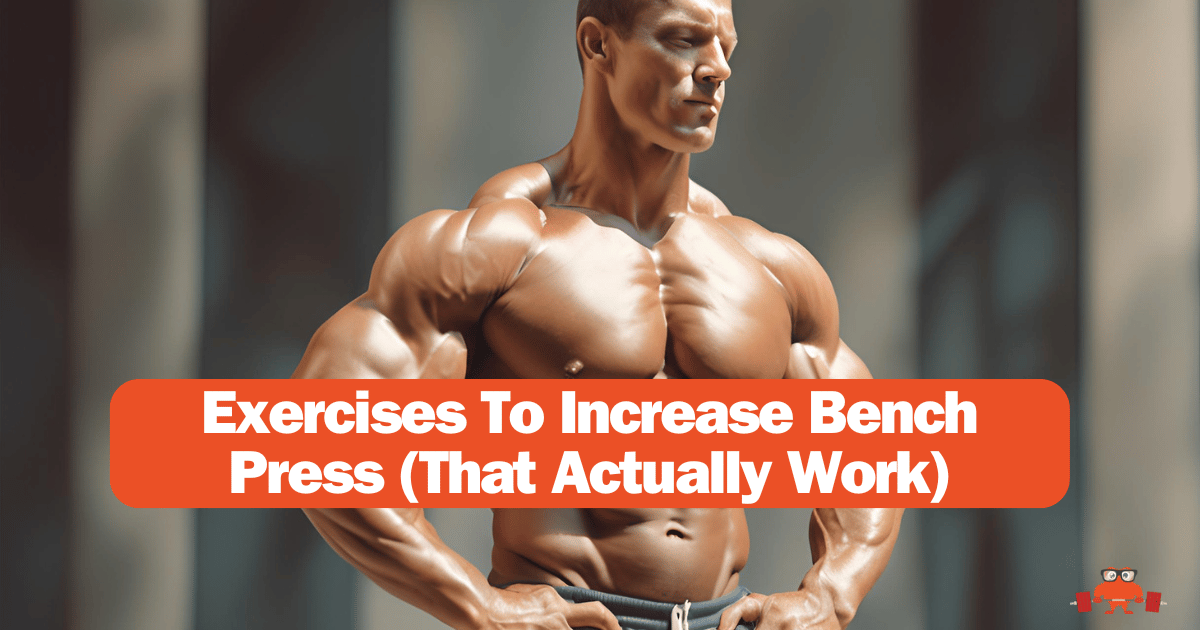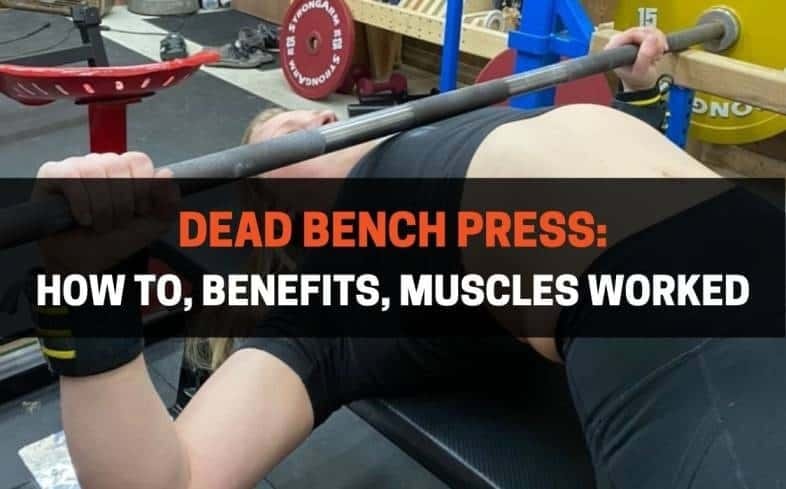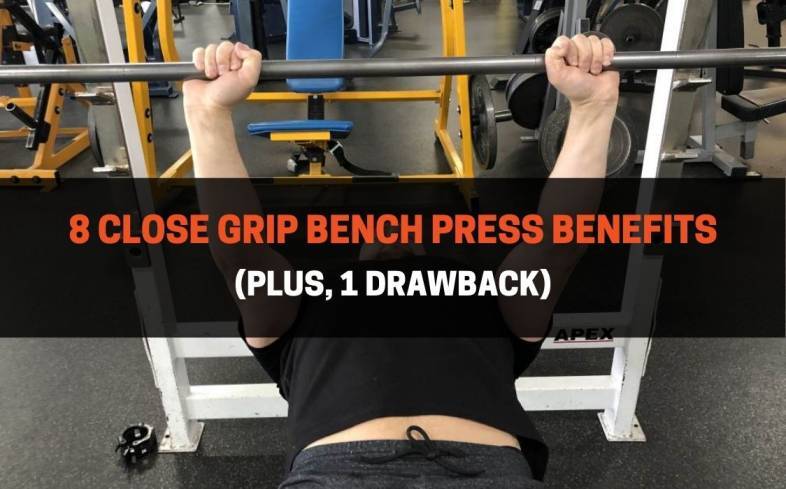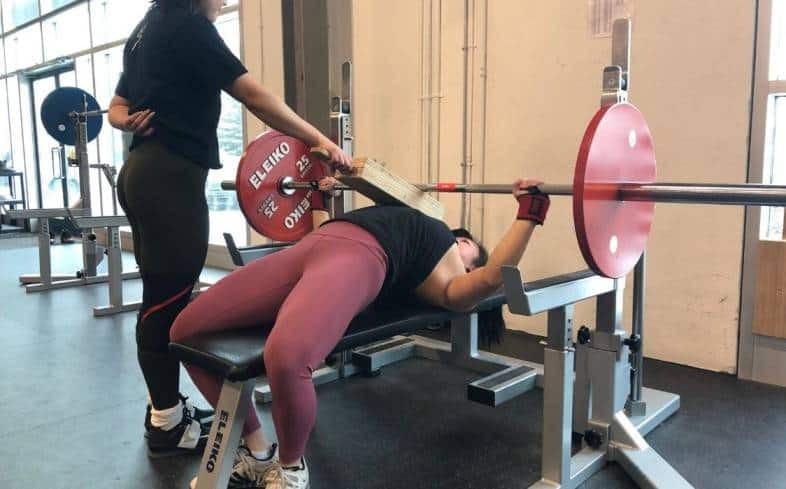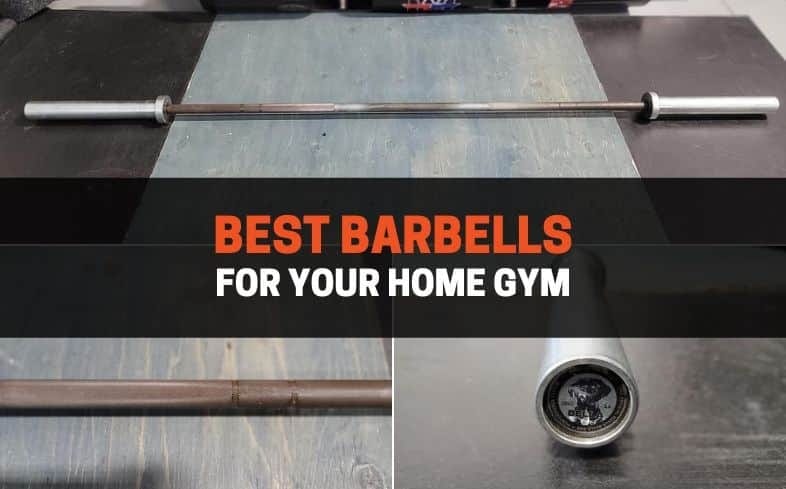Last week’s poll showed an overwhelming response toward bench press technique. So that’s what we’re covering this week. There’s also additional resources for powerlifters and a poll asking what you want us to cover next week.
This Week’s Resources
Exercises That Actually Increase Bench Strength
We’ve talked in previous weeks about increasing deadlift strength, but what can you do to increase performance with bench? We’re sharing three in this newsletter.
To see all 18 exercises our coaches recommend for bench press strength, read our full guide.
Dead Bench Press
The dead bench press is one of our favorite bench press variations for developing strength off the chest. It’s popular among powerlifters looking to build explosive pushing strength.
So what is it?
A dead bench press is a bench press variation performed from a rack or power cage. The bar is initiated from a dead start from the pins with the elbows in a bent position, and then returned to the pins and pausing before the next rep. The pins need to be at or nearly at chest level.
Close Grip Bench Press
Although the wide-grip bench press is a coveted lift by competitive athletes, the close-grip bench press is also a great strength and muscle builder.
However, it does come with an important limitation that may be more significant to some lifters and not as important to others.
Here's how to do a close grip bench press: Place your hands exactly shoulder width, or slightly inside of shoulder width, apart.
A more objective way of measuring this is about 5 finger widths inside your standard bench press grip.
The trick is to test the lift. If you can feel your triceps engage, the grip is probably good. If not, adjust and try again.
Board Bench Press
The boarded bench press is when a lifter puts wooden boards on their chest to restrict the range of motion used.
So why do powerlifters use boards for bench press? There are 5 reasons:
A way to isolate and train specific ranges within the movement
A way to isolate and train specific muscles
A method for increasing bench frequency
A means to increase total work and/or higher intensities
A way to build confidence through nervous system adaptations
Quick question before we move on:
What do you need help with?
If you’re finding our newsletter helpful, please consider sharing it! We’re always looking for more readers.
The Best Barbells for Your Home Gym
The best barbell for your home gym is the American Barbell Training Bar. It’s a versatile barbell that you can load up, take a beating, and won’t break the bank.
My top 3 picks for barbells for your home gym:
American Barbell Training Bar – Best Overall Barbell
REP Fitness Technique Barbell – Best Lightweight Barbell
Rogue Fitness Ohio Bar – Best for CrossFit
Barbells are the most used piece of equipment in my gym. They’re a staple for a reason – you can progressively overload varying exercises more efficiently than dumbbells.
That said, many options are on the market, and you don’t want to buy the wrong barbell. I have several sitting gathering dust that I simply don’t use because they don’t suit my needs.
Does Forearm & Grip Strength Help Bench Press?
While the strength of other larger muscle groups is primarily responsible for your bench press success, your grip and forearm strength are important in controlling the bar in your hands and increasing proprioception (the ability to process how the weight feels).
That being said, there are a limited number of lifters out there who will struggle with the bench press due to a lack of forearm and grip strength.

